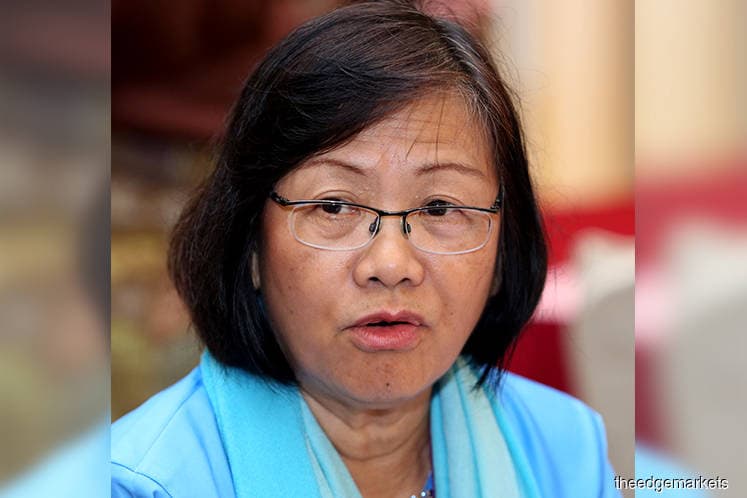
This article first appeared in The Edge Financial Daily on August 26, 2019
KUALA LUMPUR: The questions about the incidence of poverty in Malaysia that were raised by the United Nations’ (UN) envoy Phillip Alston last week are supported by many expert opinions and call for a rethink of the issue, said Petaling Jaya member of parliament Maria Chin Abdullah.
Among them, she said, was a call by Deputy International Trade and Industry Minister Dr Ong Kian Ming, who had reportedly stated that the national poverty line needs to be revised so that it conforms with reality and the expectations of Malaysians.
This had been echoed by Ungku Aziz Centre for Development Studies chair Dr Martin Ravallion, who had estimated our relative poverty rate to be at 12%, said Maria.
“A wide array of studies indicates a growing disconnect between our national poverty line that was devised in the ’70s with the reality of living in 21st century Malaysia,” she said in a statement.
Maria said she had brought up the matter during debates in Parliament for Budget 2019, the Mid-Term Review of the 11th Malaysia Plan and during the debate on speech by Yang di-Pertuan Agong last March.
She urged the government to look again into various reports on the issue.
“Khazanah Research Institute, for instance, found that households with income below RM2,000 only have an after-expenses balance of RM76, indicating a low level of long-term financial sustainability. Another report by World Bank found that one in five children suffer from stunting,” the statement said.
She was commenting on the statement by UN special rapporteur on extreme poverty and human rights Alston last Friday, which noted, among others, the dire need for Malaysia to re-evaluate the national poverty line of RM980 per month (or RM8 per day) and to devise a poverty-alleviating framework that take into account the needs of marginalised communities such as migrant workers, refugees, stateless people and the disabled.
In a stinging criticism of Malaysia’s poverty line metrics, Alston said: “Actual poverty rates are much higher than official figures suggest, and the government needs to reassess how it measures poverty so that the hardship many Malaysians experience is not conjured out of existence by a statistical sleight of hand.”
Maria noted that where costs of living have increased manifold, the national poverty line remains stagnant. Along with Alston’s statement, she said the studies cited point towards the need to integrate the notions of relative poverty and living wage into the metric that is used so that this blind spot does not continue to condemn more people into the margins.
“Poverty is a multidimensional phenomenon that is grounded in living experiences. Any assessment of the national poverty rate must take into account the ability of Malaysians to live healthily, participate in the society meaningfully and possessing opportunities for personal and family development,” she said.
Unfortunately, she said, this was not a reality for many of her constituents, even as they lived side-by-side with more affluent neighbours.
Commenting on the issue, National Patriots Association (Patriot) president Brig Gen (R) Datuk Mohamed Arshad Raji said that if the UN envoy’s criticism was accurate, the miscalculation of the poverty rate was a very serious omission.
While the official poverty rate is 0.4%, Alston suggested it should be around 15%, making a difference of 14.6%, said Arshad in a statement. Patriot is a non-governmental organisation formed by military and police veterans.